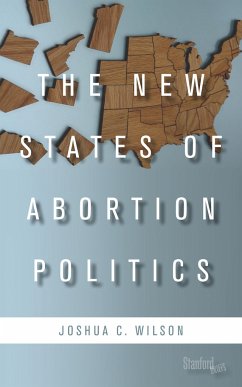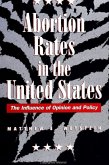Joshua C. Wilson is Associate Professor of Political Science at the University of Denver. He is the author of The Street Politics of Abortion: Speech, Violence, and America's Culture Wars (Stanford, 2013).
Hinweis: Dieser Artikel kann nur an eine deutsche Lieferadresse ausgeliefert werden.
Hinweis: Dieser Artikel kann nur an eine deutsche Lieferadresse ausgeliefert werden.








